Chinese Herbs
Unlike modern medicine, which often focuses on treating symptoms, Chinese herbs aim to address the root cause of an illness or ailment. They work by correcting imbalances in the body and restoring equilibrium. Many people have found relief from chronic health issues by incorporating Chinese herbs into their treatment plans. When used in conjunction with other natural healing practices, such as acupuncture, Chinese herbs can be a highly effective tool for achieving optimal health and wellness.
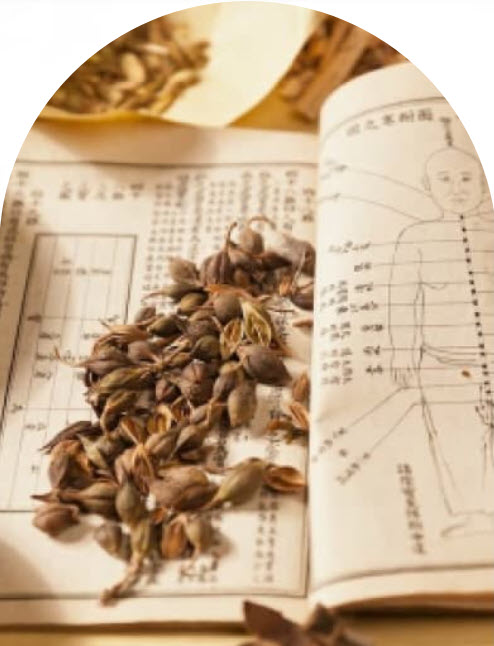
What Is Chinese Herbal Medicine?
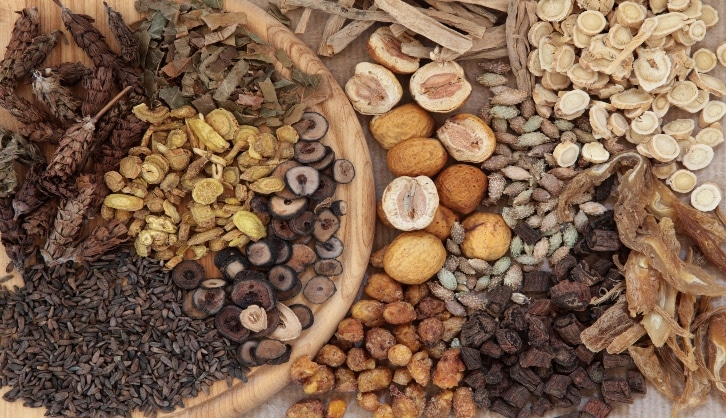
Chinese herbal medicine is the oldest and most comprehensive form of herbal medicine in the world. It is derived from plant, animal, and mineral sources. The use of these substances can be traced back to 1,000 BC. Over the past 5000 years, along with acupuncture, it is a main component of traditional Chinese medicine. It has been used to cure diseases and alleviate discomfort due to many disorders. Traditional Chinese medicine looks at a person’s whole body for the treatment of the problem and treats not only the symptoms but also the cause.
Chinese herbal medicine is most commonly used with acupuncture to accelerate and maintain the therapeutic effects of the treatment. Furthermore, Chinese herbal medicine may be used to treat conditions that are not as effectively treated by acupuncture. The herbs are in the form of decoctions (a form of herbal teas), granule powders, tablets, capsules, lotions, or creams.
Benefits Of Choosing Chinese Herbal Medicine
These herbs are derived from plants and used in combination with other therapies, such as acupuncture, to help treat a range of conditions, including:
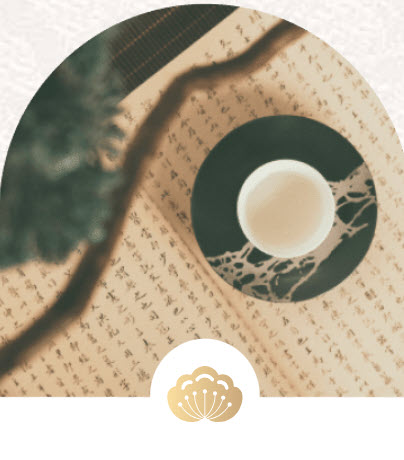
Chronic Pain
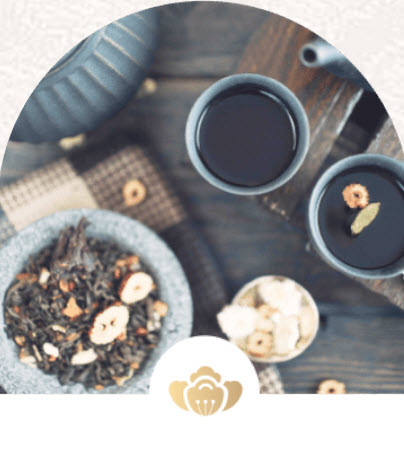
Digestive Issues
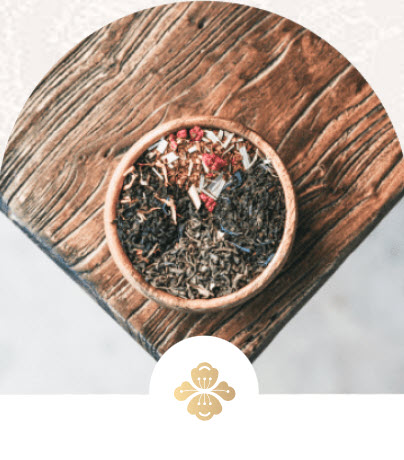
Improve Fertility
Chinese herbs are known for their effectiveness in supporting the body’s natural healing abilities and can be personalized for each individual’s specific needs.
FAQs
Are Chinese herbs safe?
One of the most appealing aspects of Chinese herbal medicine is the low risk of side effects. Chinese herbal medicine uses all the constituents of the plant, including cellulose. The herb is completely balanced and therefore has minimal side effects.
The Chinese herbs used at Dr. Yin’s Acupuncture Clinic in Frisco are of the highest potency, quality, and safety. We only use certified herbs from manufacturers with Good Manufacturing Practice (GMP) standards. GMP is a strict international standard that is considered stricter than the current regulations for processing herbal formulas used in the USA. We do not use endangered species (plant or animal) and promote wildlife conservation using surrogate natural substances.
How are Chinese herbs prepared?
Chinese herbs are prepared using various methods to extract their medicinal properties. Here are some common ways in which Chinese herbs are prepared:
- Decoction (Boiling): This is the most traditional method of preparing Chinese herbs. The herbs are simmered in water for a specific duration to extract their active components. The resulting liquid (decoction) is then consumed as a tea.
- Powdered Form: Some Chinese herbs are processed into fine powders. These powdered herbs can be dissolved in water or mixed with other ingredients to make capsules, pills, or herbal formulas.
- Extracts: Chinese herbs can also be prepared in the form of liquid extracts. In this method, the herbs are soaked in alcohol or water-alcohol mixtures to extract their medicinal compounds. These extracts are then used in tinctures, tablets, or other formulations.
- Topical Applications: Certain Chinese herbs are used externally for their therapeutic effects. They can be applied as ointments, creams, plasters, or poultices to treat various skin conditions or musculoskeletal problems.
It is important to note that the preparation methods and dosages of Chinese herbs vary depending on the specific herb and its intended use. It is recommended to consult a qualified traditional Chinese medicine practitioner for guidance on proper herb preparation and usage.
How are Chinese herbs taken?
Chinese herbs can be taken in various forms depending on the individual’s preference and the specific herb being used. Here are some common ways to consume Chinese herbs:
- Decoctions: Many Chinese herbs are prepared as decoctions, which are herbal teas made by boiling the herbs in water. The decoction is then consumed as a warm or cooled beverage.
- Pills and Tablets: Some Chinese herbs are processed into pill or tablet form for easier consumption. These pills can be swallowed with water, similar to conventional medication.
- Powdered Form: Certain herbs are ground into fine powders, which can be dissolved in warm water or mixed with other ingredients like honey or yogurt to form a paste. This paste can be consumed orally.
- Tinctures: Herbal tinctures are concentrated liquid extracts of Chinese herbs. They are usually taken by adding a few drops to water or another liquid and consumed orally.
- External Applications: In some cases, Chinese herbs are applied externally to the skin. This can be done through ointments, creams, plasters, or poultices that are directly applied to the affected area.
What conditions can be treated with Chinese herbal medicine?
Chinese herbal medicine is a holistic approach to healthcare that has been used for centuries to treat a wide range of conditions. Some common conditions that can be treated with Chinese herbal medicine include:
- Digestive Disorders: Chinese herbs can help alleviate symptoms of digestive disorders such as indigestion, bloating, diarrhea, and constipation.
- Respiratory Conditions: Chinese herbal medicine is often used to treat respiratory conditions like asthma, bronchitis, cough, and sinusitis.
- Pain Management: Chinese herbs are known for their analgesic properties and can provide relief from various types of pain, including headaches, arthritis, muscle sprains, and menstrual cramps.
- Stress and Anxiety: Chinese herbal medicine can help reduce stress, anxiety, and promote relaxation. It is often used as an adjunct therapy for mental health conditions.
- Sleep Disorders: Chinese herbs can help regulate sleep patterns and promote restful sleep for individuals suffering from insomnia or other sleep disorders.
- Hormonal Imbalances: Chinese herbal medicine is commonly used to address hormonal imbalances in conditions such as polycystic ovary syndrome (PCOS), menopause, and menstrual irregularities.
- Skin Conditions: Chinese herbs are often used topically or internally to treat skin conditions such as eczema, psoriasis, acne, and dermatitis.
- Immune System Support: Chinese herbs can boost the immune system and help prevent or shorten the duration of common illnesses like colds and flu.
It’s important to note that Chinese herbal medicine should be prescribed and administered by a qualified traditional Chinese medicine practitioner who can tailor the treatment to the individual’s specific condition and needs.
Book Your Consultation Today
Contact us if you’re interested in learning more about Chinese Herbs and how it can help you improve your life and wellness.
